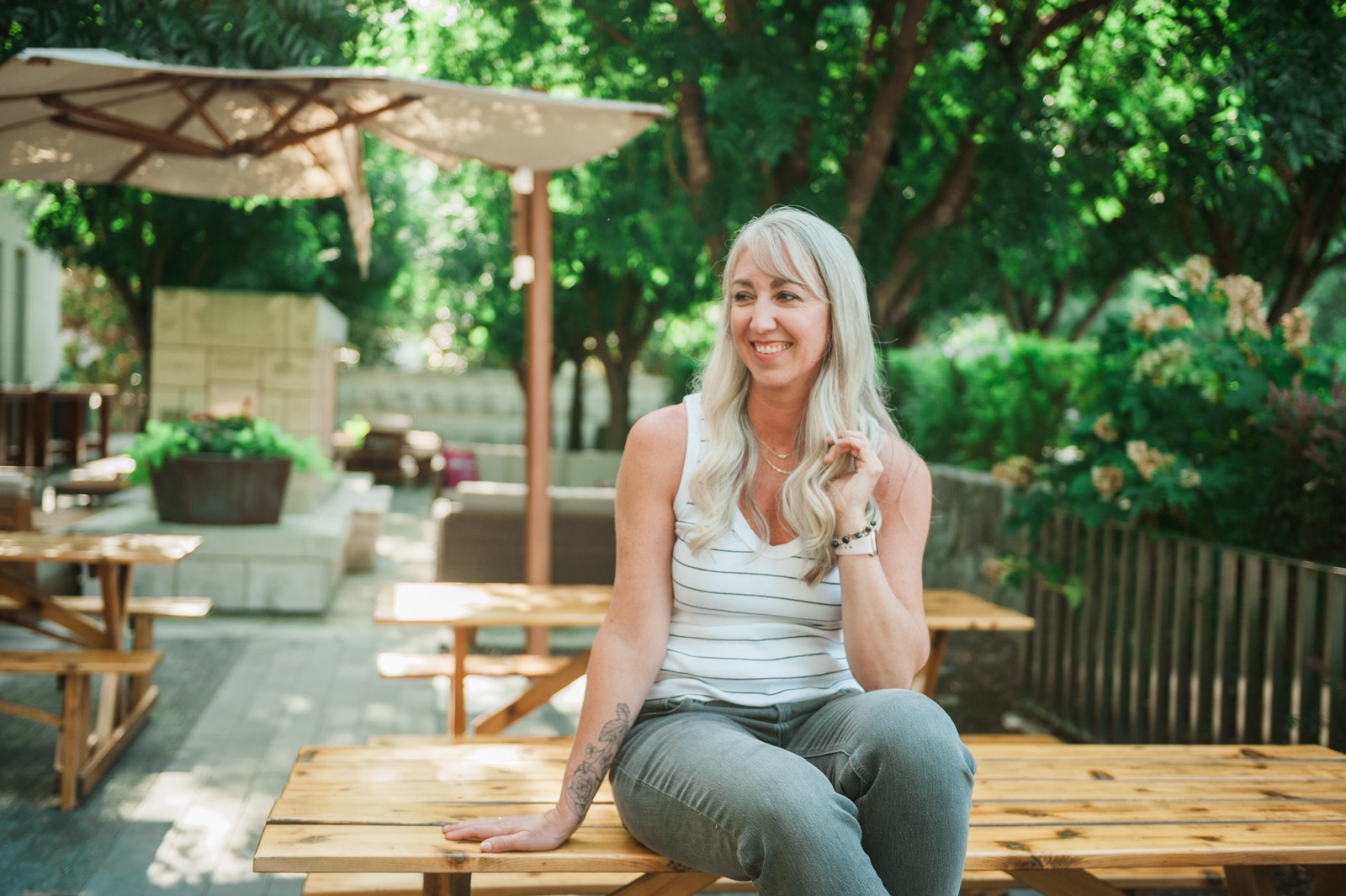There are so many misconceptions about what it is, what it entails and as soon as someone says “You should forgive them.” I’m willing to bet a big wall of resistance or a barrage of thoughts come flooding in. Plus, if you’ve been raised in Christian circles you may just have some extra guilt and baggage that comes along with the whole concept (and for good reason).
Misconceptions about Forgiveness
Forgiveness can be complicated and has lasting effects on our lives depending on how we deal with it. It’s not always simple, straight forward or easy. It’s not always a one time act and then you move on. “Forgive and forget” is not usually a thing. It’s often messy and takes emotional energy to navigate.
Forgiveness is not giving a free pass, condoning and may or may not lead to reconciliation. Sometimes we forgive and for our safety and well-being we do not continue the relationship because it’s unsafe or unwise to do so.
But learning what forgiveness really is and healthy ways of navigating it, makes all the difference in the world for your mental health, thriving and feeds the soil for healthy relationships.
We are built for relationships and we need one another. Relationships are both beautiful and wonderful. They can also be messy and hard because we’re imperfect humans.
There will be plenty of times in your life when you’ll be hurt by others and they will never apologize. They may not be aware of the hurt they caused or worse yet, they are aware and not sorry for how their behavior affected you.
There will also be relationships that end by going separate ways or by death that leave behind unfinished business and deep hurt.
What do you do in these situations, especially when you know there will be no resolution between you and the other person?
Helpful ways to see forgiveness
Here’s the truth, forgiveness is for you, not them.
One of the most helpful pictures for me is this, imagine that there is a chain between you and someone where there has been deep hurt. When you choose to forgive them, you cut that chain. You are no longer attached to them or being drug behind that person. You are now free to move forward. You are setting YOURSELF free. We forgive in order to reacquire our own sense of well-being. Forgiveness has nothing to do with the other person and everything to do with your healing and thriving.
I love that in the Grief Recovery Method it talks about forgiveness like this:
“Forgiveness is giving up the hope of a different or better yesterday. It is to cease feeling resentment, not condoning what was done.
Any memorized resentment of past events will limit and restrict our ability to participate fully in life. Any reminder of the person or event may stimulate reliving of the unfinished emotions attached to it. Successful recovery requires completion of the pain rather than retention of the resentment.”
This is freeing because it means I am in charge of how I move forward. It doesn’t require anything from the other person. I’m not letting them off the hook or condoning, I’m literally breaking free from my resentment and unmet expectations.
I’ve learned that you cannot feel forgiveness until you do it or at least start the process to forgive. I can’t tell you the last time that I FELT like forgiving someone but once I did it, it brought me more freedom, from the person, the pain and the experience.
Unhelpful training
Another thing we’ve been taught that is really unhelpful is asking others for forgiveness. As a parent, and especially in the church world, I was told that I had to make my kids apologize to their siblings and then ask for forgiveness. The other person was supposed to say “I forgive you.” Then of course they had to hug it out. Looking back now, I cringe at the years of doing this. It’s harmful on multiple levels. First, it forces your child to do something before they may be ready, it manipulates the other person into saying they forgive you even when they don’t and then it forces a physical boundary of touch when that other person may not feel safe at the time. This sets our kids up for a lifetime of unhealthy habits in their communication and relationships. Teaching and modeling authentic apologies is healthy, but expecting forgiveness on your timeline is not.
Through grief recovery work I have learned that when you ask for forgiveness, you are manipulating: you are asking the other person to do something that you need to do. If you are asking for forgiveness, you are really trying to apologize for something you have said or done. Don’t ask for forgiveness. Make an apology. It’s healthy to do this when we need to. It is then up to that person to offer forgiveness or not. But you have done your work, now they get to do theirs.
It’s a process
What happens when you STILL feel like you can’t forgive?
That too is normal and your feelings are real. This would be a great reason to go through the grief recovery work with a specialist. They can help you come to a place where you can at least say, “I am working to forgive you so that this won’t hurt me anymore.” Because remember, This is about you. Forgiveness is for you, not them. Forgiveness is meant to set YOU free.
This is about becoming emotionally integrated, clear and informed. You become aware of your part and your feelings. You own your feelings and give the other person’s work back to them. This will empower you to move forward.
The great news is, you don’t have to do it all at once. Much like life, it’s a journey, not just a destination.
Stick to the process of healing and you’ll eventually experience the thriving you’re hoping for.

